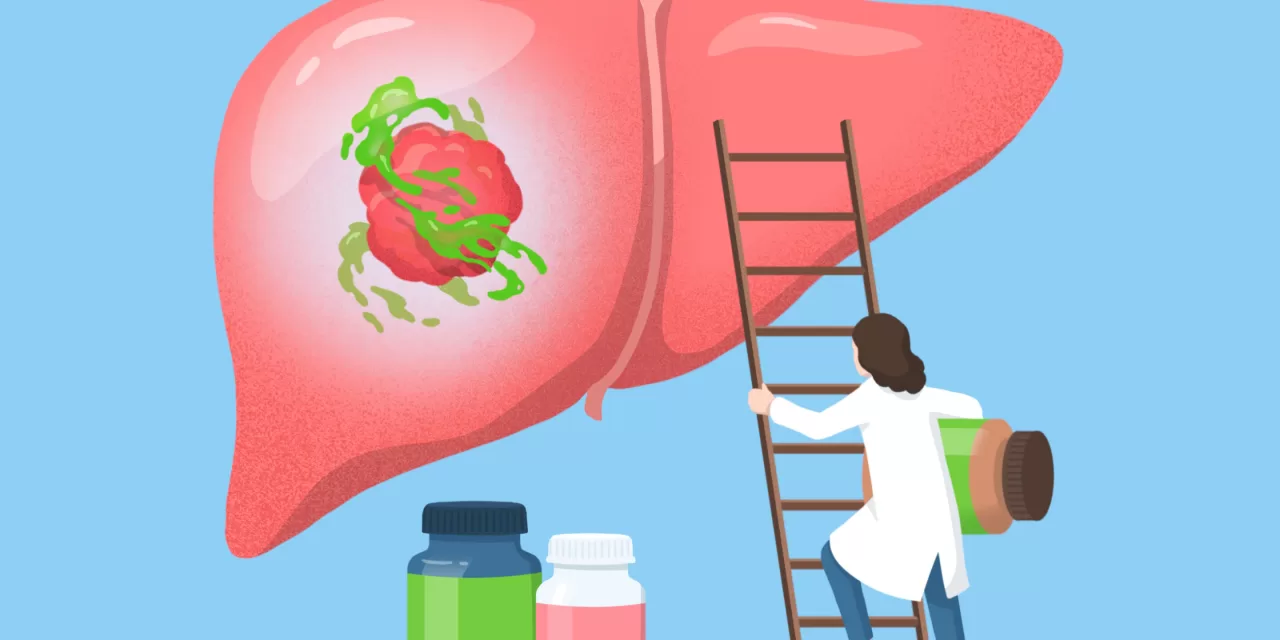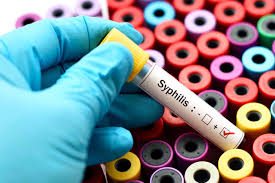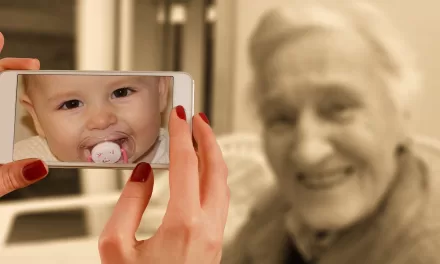A breakthrough study has shown that the hepatitis E vaccine, long recommended to be given in three doses, is effective with just two doses, making it more feasible for use in emergency settings. The results, published in The Lancet Infectious Diseases, were part of a clinical and laboratory study conducted by a team of experts from Médecins Sans Frontières (MSF), MSF Epicenter, Johns Hopkins University (JHU), the South Sudanese Ministry of Health, the World Health Organization (WHO), the University of Geneva (UNIGE), and the Geneva University Hospitals (HUG).
Hepatitis E, a viral liver disease that spreads primarily through contaminated water, poses a serious threat in regions with poor sanitation and limited access to clean water. South Sudan, where outbreaks frequently strike camps for internally displaced persons, has seen devastating effects from the disease, which can lead to severe complications, particularly for pregnant women and those with chronic illnesses.
The study was initiated following a vaccination campaign in Bentiu, South Sudan, a region that has been repeatedly affected by hepatitis E outbreaks. Previous trials had recommended the vaccine be administered in three doses over six months. However, the new study revealed that two doses of the vaccine were sufficient to provide protection against the virus, an encouraging result given the challenging circumstances in displaced persons camps.
“This research is a critical step forward in understanding the vaccine’s effectiveness in real-world conditions,” said Andrew Azman, an epidemiologist at UNIGE-HUG, MSF, and JHU, and the study’s lead researcher. “With fewer hepatitis E cases than anticipated after the vaccination campaign, we were able to demonstrate the two-dose regimen works, which is a game-changer in the context of emergency vaccination programs.”
The study’s methodology compared the vaccination status of individuals who tested positive for hepatitis E with those who did not show symptoms, revealing that even after just two doses, the vaccine significantly reduced disease incidence.
One of the most significant outcomes of the research is the formation of a global stockpile of hepatitis E vaccines, approved by the WHO’s International Coordinating Group on Vaccine Provision. This stockpile is set to play a pivotal role in responding to future outbreaks and has the potential to save countless lives in vulnerable populations.
“This is a significant win in global health,” said Iza Ciglenecki, MSF’s Operational Research Coordinator in Switzerland. “With the new two-dose schedule confirmed as effective, we can ensure that this vaccine is more accessible, especially in areas where logistics and resources are limited.”
The Hecolin vaccine, developed in China, had previously only been used in controlled clinical trials and for travelers in China, but the results from this study could set the stage for broader use in emergency response situations worldwide.
“This project exemplifies the strong collaboration between MSF’s operational field expertise and academic research institutions,” added Isabella Eckerle, Professor at the UNIGE-HUG Center for Emerging Viral Diseases. “The data from this research will be instrumental in shaping future responses to hepatitis E outbreaks, improving diagnostics, and enhancing overall preparedness.”
As the world faces growing challenges related to waterborne diseases, this vaccine development marks a critical advancement in the fight against hepatitis E, particularly in regions where the disease is most prevalent.
The study’s findings are a crucial step towards mitigating the devastating impacts of hepatitis E, and with the vaccine now proven to be effective with just two doses, the global health community is better equipped to combat future outbreaks and protect vulnerable populations.
For more information, read the full study published in The Lancet Infectious Diseases at The Lancet’s website.












